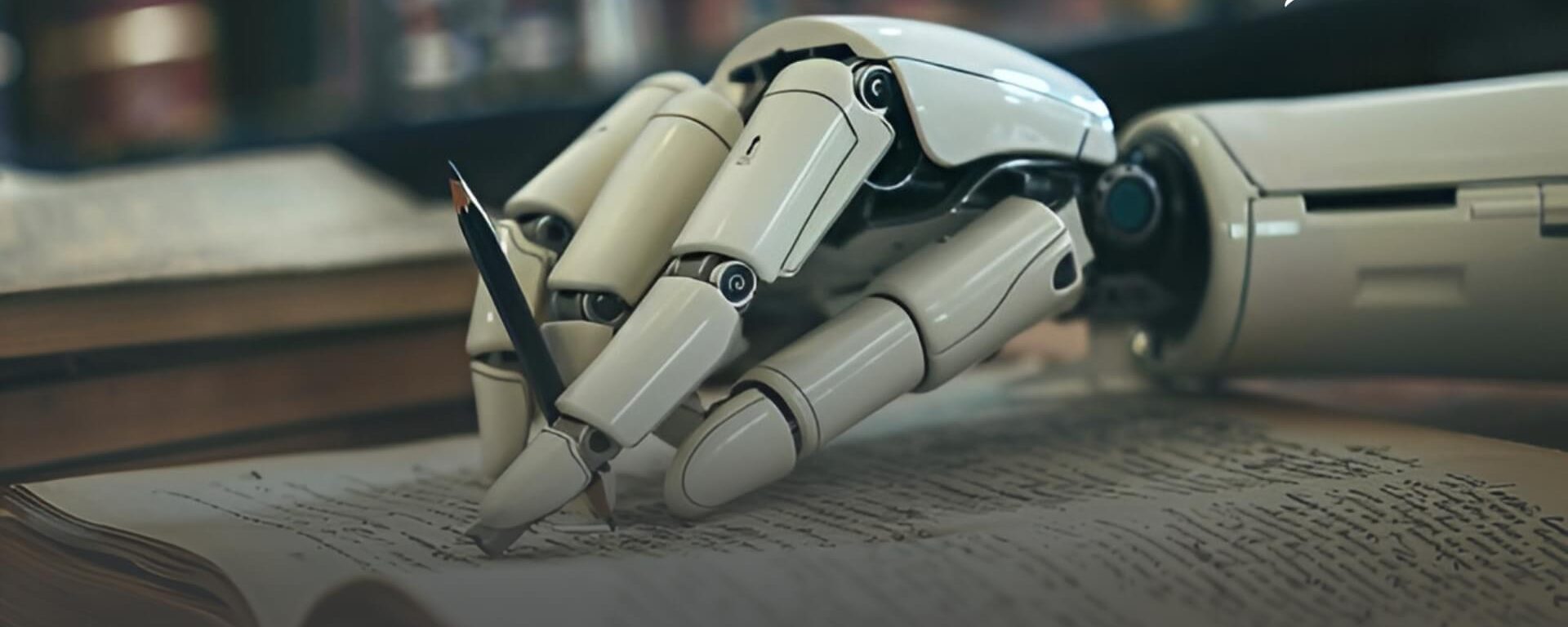Exploring how digital innovations have transformed the way we write, publish, and read literature while creating new opportunities and challenges for authors and readers.
The literary world has undergone a profound transformation over the past two decades, driven largely by rapid technological developments.
Devices like Amazon’s Kindle have revolutionised the way books are consumed, while innovations in editing tools, self-publishing platforms, social media, and podcasts have reshaped the entire ecosystem of writing, publishing, and reading.
Yet, alongside these exciting opportunities, the digital era has also introduced challenges such as market clutter, reader fatigue, over-dependence on AI, and concerns about originality.
The Digital Reading Revolution: Kindles and eBooks
The advent of e-readers like the Kindle marked a turning point in book consumption. Readers no longer need to carry physical books; instead, entire libraries fit into a single lightweight device. This convenience simplified readership, making it more accessible and portable, and expanding it globally.
Platforms such as Kindle, Apple Books, and Google Play Books allow instant purchase and download, breaking geographical and logistical barriers. Audiobooks have also surged in popularity, allowing multitasking readers to “consume” books during travel or workouts.
This shift to digital formats has made literature more inclusive, reaching differently-abled readers and those in remote areas. Print books, meanwhile, have become prized collectibles, valued for their tangible and aesthetic qualities in an increasingly digital world.
Empowering Authors: Editing Tools and Self-Publishing
Technology has democratised the publishing process. Previously, authors were dependent on traditional publishers as gatekeepers. Today, self-publishing platforms like Amazon’s Kindle Direct Publishing (KDP), Draft2Digital, and Wattpad enable writers to publish directly to a global audience. This has opened doors for diverse voices and niche genres that might have struggled in conventional publishing.
Editing tools powered by AI, such as Grammarly and ProWritingAid, help authors polish their manuscripts independently, amplifying quality and reducing reliance on expensive editorial services. Social media platforms like Instagram, Twitter, and TikTok (notably “BookTok”) have become crucial marketing channels, allowing authors to build communities, engage readers, and promote their work without intermediaries.
Podcasts and author interviews further enrich literary culture by providing accessible discussions about books, writing processes, and industry trends, fostering deeper reader engagement.
The Flip Side: Challenges in a Digital Literary Sphere
Despite these developments, technology’s impact is not without drawbacks. The explosion of self-published titles and digital content has created a cluttered market, making discoverability a major challenge for authors and readers alike. With millions of books available online, readers often experience fatigue, overwhelmed by choices and struggling to find quality content.
Moreover, the rise of AI-generated writing raises ethical and creative concerns. While AI tools can assist with editing and idea generation, overuse risks restricting genuine creativity and the human touch that defines great literature. The question of whether AI-created content should compete with human-authored works remains contentious.
Emerging innovations such as augmented reality (AR) and virtual reality (VR) promise immersive storytelling experiences that blend traditional narratives with interactive elements. Blockchain technology may revolutionise copyright management and royalty distribution, ensuring fair compensation for creators.
However, the literary community must balance embracing new tools with preserving creativity, authenticity, and quality. Readers and writers alike benefit most when technology enhances, rather than replaces, human originality.
